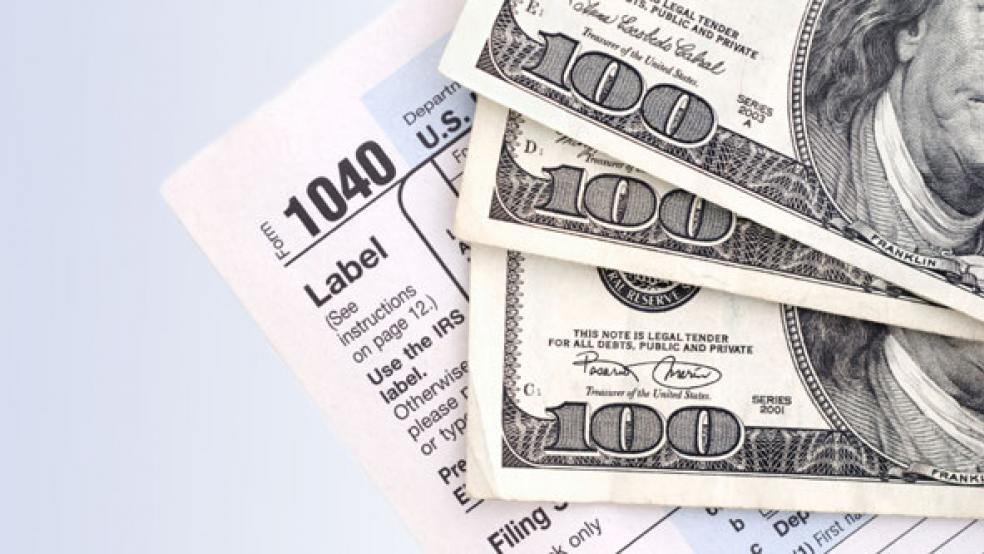Bloomberg’s Ben Steverman and Marie Patino took a look at some representative households to see who’s winning and who’s losing under the Republican tax cuts this filing season. While most taxpayers will pay lower taxes on their 2018 earnings, “a bewildering array of new rules that can have unpredictable and contradictory effects,” the authors say, resulting in surprising outcomes ranging from unforeseen tax bills to larger-than-expected refund checks.
Here are some highlights from the analysis, which is presented with some interesting graphics at Bloomberg:
* Not much for low-income households with children: The tax law provides a $2,000 tax credit per child, which is partly refundable. However, the credit is limited to just 15 percent of taxable income over $2,500, providing a relatively small benefit for low-income households. Even with the new child tax credit, the average tax cut for households earning less than $25,000 – which make up about 20 percent of all U.S. households – is just $60.
* Independent contractors win big: Steverman and Patino compare two households earnings $70,000, one with an employee in sales and the other an independent sales contractor. Because the tax law eliminated the employee’s ability to deduct travel expenses, his tax bill increased. But the independent contractor can still claim that deduction and can also take advantage of the new pass-through deduction to shield a portion of her income from taxes, resulting in larger refund check. “Tax reform makes becoming an independent contractor, rather than an employee, much more attractive,” the authors write.
* Blue state blues: Two families earning $150,000 fare very differently due in part to the treatment of local property taxes. A family in California can now deduct only $10,000 of what they paid in state and local taxes, resulting in a higher tax bill for 2018. A family with the same income in Missouri pays much lower property taxes and ends up with a tax bill roughly the same this year as last.
* Big breaks for high-income households: Two families in Connecticut earning $350,000 each pay about $10,000 less in federal taxes on their 2018 returns. While Connecticut has high state and local taxes, the repeal of the Alternative Minimum Tax makes up for the loss of the state and local tax deduction. And both households can claim the full $2,000-per-child tax credit, despite their high incomes.




